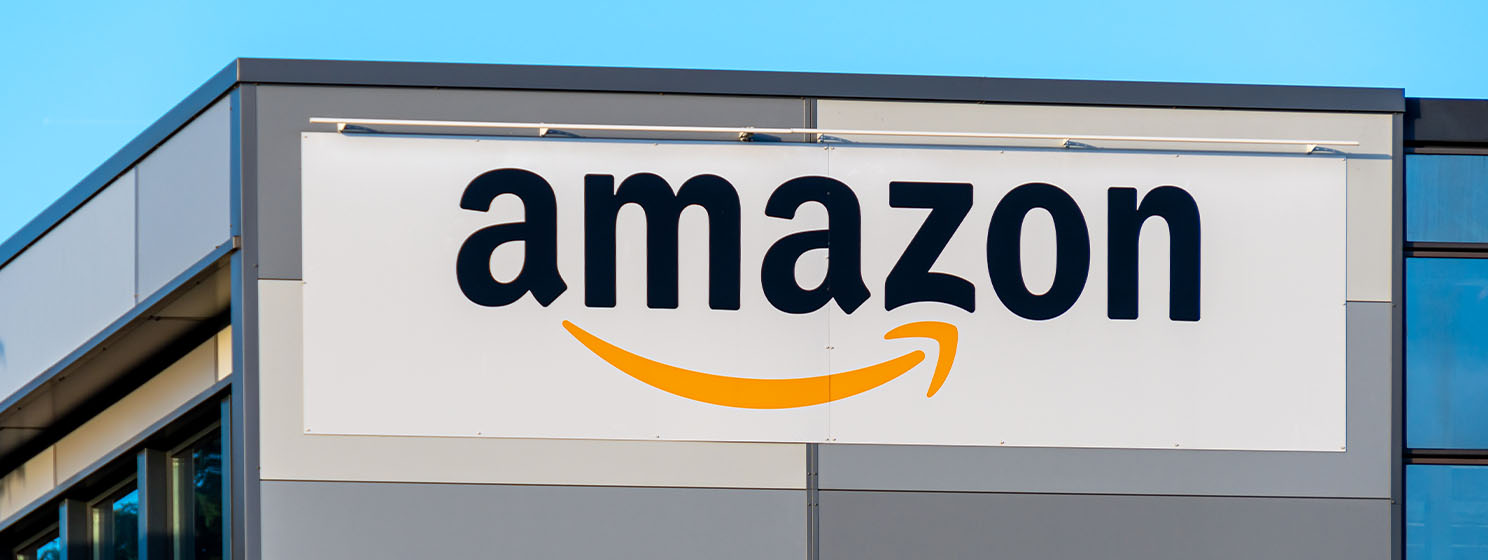|
Getting your Trinity Audio player ready...
|
Jeff Bezos-led Amazon (NASDAQ: AMZN) is gearing up to introduce its ambitious satellite Internet initiative, Project Kuiper, to the Indian market. The company is expected to receive a Letter of Intent (LoI) from the Department of Telecommunications (DoT) in the near future—a crucial milestone that precedes formal authorization to operate in the country, according to media reports.
This LoI would pave the way for Amazon to obtain a Global Mobile Personal Communications by Satellite (GMPCS) license, which is mandatory for delivering satellite-based Internet services within India.
Once operational, Project Kuiper would become the second major player in India’s satellite broadband space, following Elon Musk’s Starlink, which already has a vast constellation of over 6,000 satellites orbiting Earth. In contrast, Amazon intends to deploy a network of more than 3,200 low-Earth orbit (LEO) satellites.
LEO refers to the region of space that stretches up to 2,000 kilometers (approximately 1,243 miles) above the Earth’s surface. Amazon’s Project Kuiper satellites are designed to operate at altitudes between 590 and 630 kilometers (roughly 367 to 392 miles). This close proximity to Earth allows the satellites to provide low-latency, high-speed Internet connections. As a result, Project Kuiper is well-suited for data-intensive applications such as high-definition video streaming, online gaming, and real-time video conferencing, where speed and responsiveness are critical for a smooth user experience.
Both Kuiper and Starlink—spearheaded by tech giants Jeff Bezos and Elon Musk, respectively—will likely begin their Indian ventures with pilot programs, mirroring the market testing strategy previously employed by services like JioFiber. These initial trials would help evaluate consumer demand and service performance ahead of a nationwide rollout.
On May 7, Starlink secured a Letter of Intent from DoT, a key development signaling the government’s preliminary approval. This milestone marks significant progress in Starlink’s efforts to offer high-speed satellite Internet to Indian consumers, particularly in remote and underserved regions.
Once Amazon secures the LoI, it will become the second global satellite Internet provider to receive this preliminary approval under India’s updated satellite Internet framework, further signaling the country’s openness to next-generation connectivity solutions from international operators.
India has demonstrated a strong and sustained commitment to advancing space technology, driven by intensive research efforts and strategic international collaborations. The country has prioritized innovation in satellite development, launch capabilities, planetary exploration, and space-based services. Through organizations like the Indian Space Research Organisation (ISRO), India has continually expanded its capabilities, partnering with global space agencies, academic institutions, and private players to accelerate progress. This focus not only underscores India’s ambition to be a key player in the global space sector but also reflects its broader vision of leveraging space technology for national development and international cooperation.Project Kuiper is reportedly pursuing fast-tracked regulatory clearance from India’s DoT to establish its footprint in the country’s emerging satellite broadband sector. This move positions Amazon’s satellite Internet venture to follow the path of Musk’s Starlink, which has already begun laying the groundwork for its services in India.
Project Kuiper intends to build a robust network across India, including deploying 10 ground-based gateway stations and two key points of presence (PoPs) to ensure efficient data routing and connectivity. These components are crucial for delivering high-speed, low-latency Internet services using the LEO satellite constellation.
Amazon is targeting a commercial rollout in India by the end of the year, depending on how swiftly regulatory permissions are granted. With this expansion, Project Kuiper aims to bring reliable satellite-based broadband to underserved and remote areas, further intensifying the competition in India’s rapidly evolving Internet landscape.
In April, Amazon successfully launched the first 27 satellites of its Project Kuiper broadband constellation from Florida, marking the beginning of a long-anticipated rollout of its space-based Internet network. This milestone initiates Amazon’s plan to deploy 3,236 satellites into low-Earth orbit, forming the backbone of its $10 billion initiative to provide high-speed Internet access across the globe. First announced in 2019, Project Kuiper is designed to serve a wide range of users—including individuals, enterprises, and government agencies—placing Amazon in direct competition with SpaceX’s well-established Starlink service.
Project Kuiper represents one of Amazon’s most significant strategic ventures to date. The initiative aims to bridge the digital divide by offering reliable broadband connectivity in areas that have long struggled with access. Initially, Amazon intended to begin deploying its operational satellites as early as 2024, but the timeline slipped by more than a year due to development and regulatory delays.
Watch: Building more trustworthy internet of the future with Metanet

 02-21-2026
02-21-2026 




